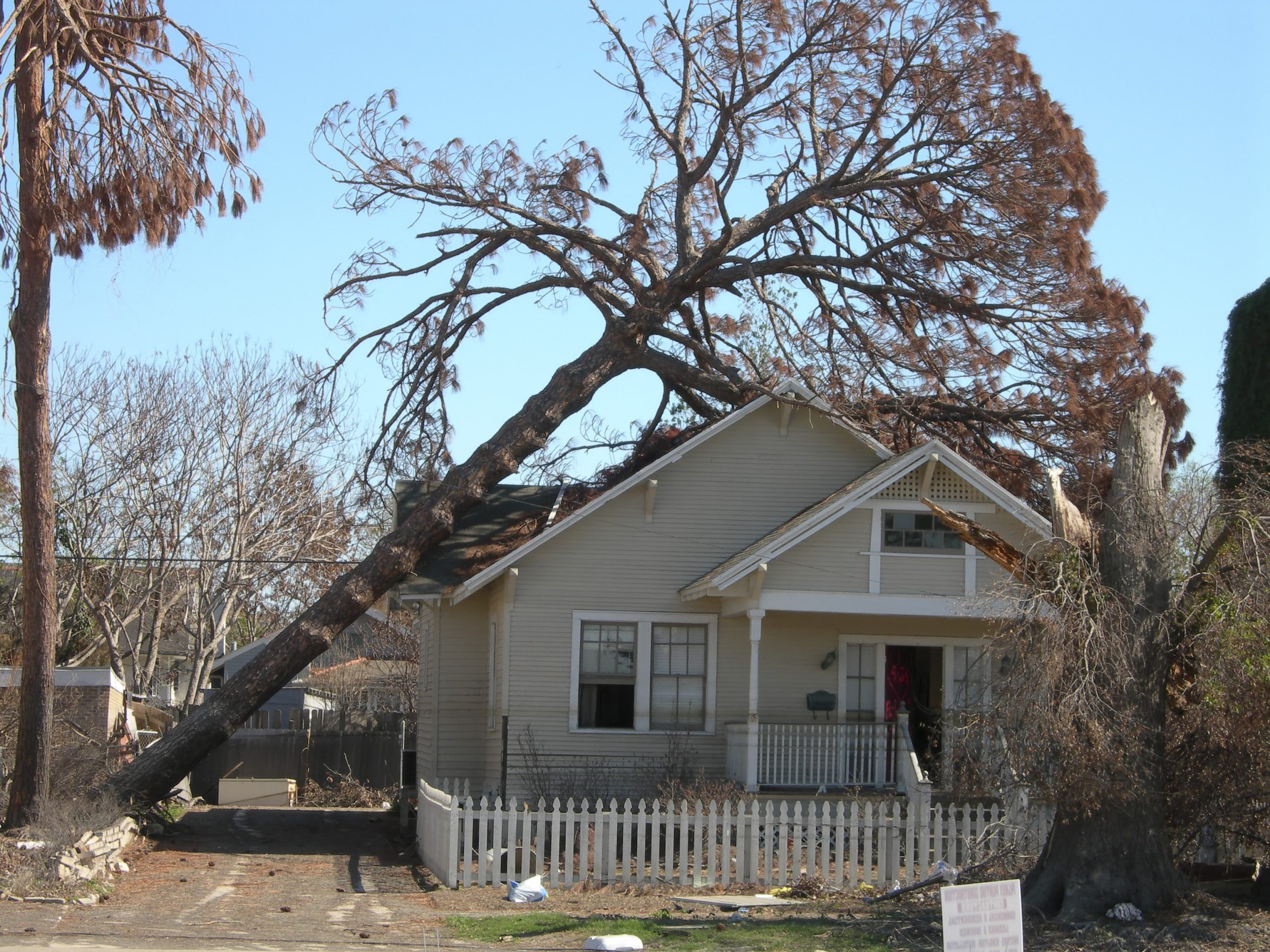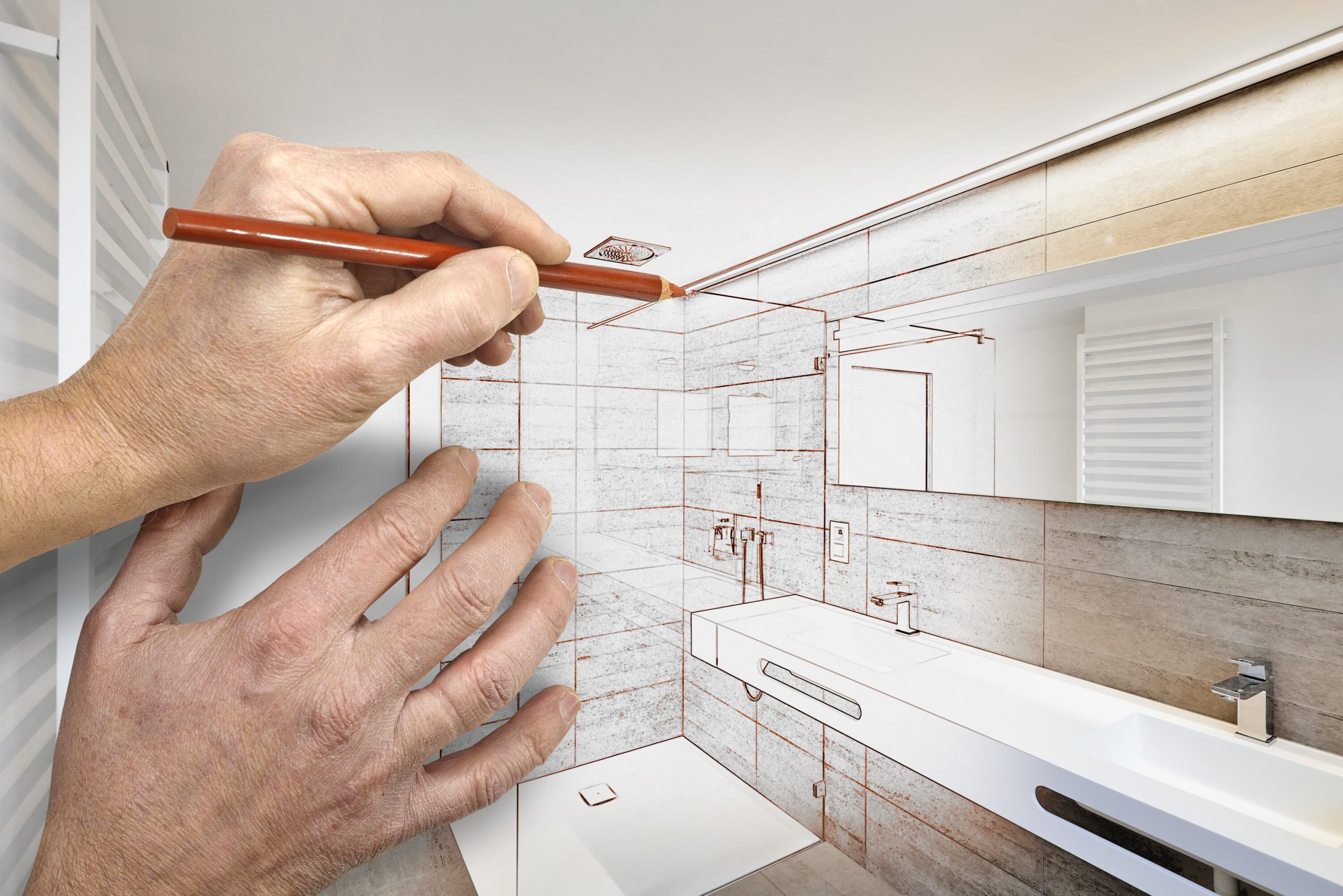
After The Flood: Flooding and Your HVAC
It’s good to know what the technician will need to see and do when they come to inspect your system after a flood. There is a lot your HVAC can handle when it comes to working under hazardous weather conditions, but under water is not one of them.
What To Do First
Do not try to restart your HVAC system. Because appearances can be deceiving it may cause irreparable damage to try and use it before it is repaired.
Call Your Technician
Call your Local HVAC company to schedule someone to come out as soon as possible. Even if your HVAC looks fine after a flood it is still a good idea to have it checked out by a licensed technician. Assessment of flood damage for your HVAC is on a case by case basis. Your technician can let you know to what extend there is damage and if you need to repair it or replace those damaged parts. They will come with many questions regarding the flooding of the equipment. It is good to have the information ready so the system check can be more accurate.
See Also: Service Technician
Types of Questions to expect from your technician
- Was your unit running when it flooded?
- Did you try to turn it back on during or after the flood?
- How deep was the flood water in regard to your system?
- How long was it flooded?
What to expect during the assessment?
The technician who comes out to check your system will need access to many parts of your HVAC system to know just how much damage you are facing. Because there are so many components to your HVAC system, replacing the equipment is usually the better choice. It is worth knowing if the damage is in easy to replace parts, so finding an experience technician is usually cheaper. They will know what to look for and what can be salvaged.
See Also: Glossary of Common HVAC Terms
It’s good to know what the technician will need to see and do when they come to inspect your system after a flood.
- Clean all electrical components
- Check all control circuits in your system
- Clean any residue left over from the flood from the coils
- Check all refrigerant connections
- If the refrigerant system is found to be salvageable, they may still want to clean, dry and disinfect it.
- They will inspect your Ductwork for any flood damage left unseen
- All gas valves will need to be checked to make sure none were exposed to flooding or that they are sticking as a result.
Outdoor Units
The technician will want to look at the outdoor unit once they get there. Because flood water contains debris and sometimes foreign chemicals, anything exposed to the water needs to be checked. A condenser coil exposed to may not be able to function at its expected level, If not replaced, it may cause more damage later on to you system. Also any exposed wires and pipes may malfunction when you turn your system back on. Having these areas checked before you do that can prevent further damage. The Technician will also check that the Unit did not shift during the storm. Even a small amount of movement can cause damage to your refrigerant system. This will likely require major repair. IT can also require an entire unit replacement.
See Also: Homeowners Maintenance Guide
The flood was outside, why is he wanting to check the inside equipment?
It is important to check that there wasn’t any breach of flooding to reach your indoor equipment. It is the internal workings that are more vulnerable to flood damage. If your unit has natural gas, those valves in the system are extremely sensitive. Corrosion left untreated can result in long term reliability issues as well as current operational damage. These issues are not easy to detect and should be inspected by a seasoned technician.
Ductwork
Ductwork that is exposed to flooding should not be salvaged. It is nearly impossible to know that any decontaminating done to it after flooding will be sufficient. If your technician does suggest decontamination, be aware that the ductwork will need to be completely disassembled to do a thorough job.
See Also: Conditioned Air Solutions Custom Ductwork Shop
Water Heaters
In the grand scope of it, replacing an old water heater is a small investment. Water heaters have come a long way in a short time. If your unit is more that five years old replacing it would actually be more efficient. This will continue to save you money into the future. Your technician will want to inspect the valves and controls to make sure they weren’t exposed to any flooding. Even if it looks clean, the that are exposed can corrode faster in the future.
See Also: Choosing a New Water Heater
Conclusion
If you are having a new unit installed, always asked the technician for options to help prevent future flood problems. Finding the best location for the unit and making sure it is properly elevated are two key factors when installing anew unit. The technician will be able to help you chose what is best for your home and system. If you have any questions or concerns, please feel free to contact us.


